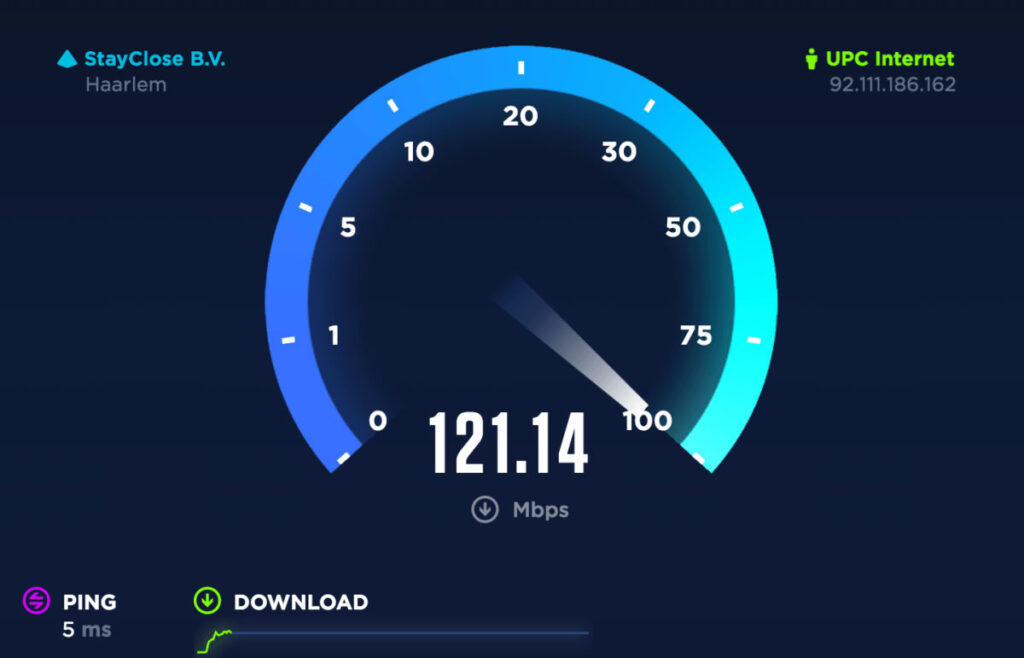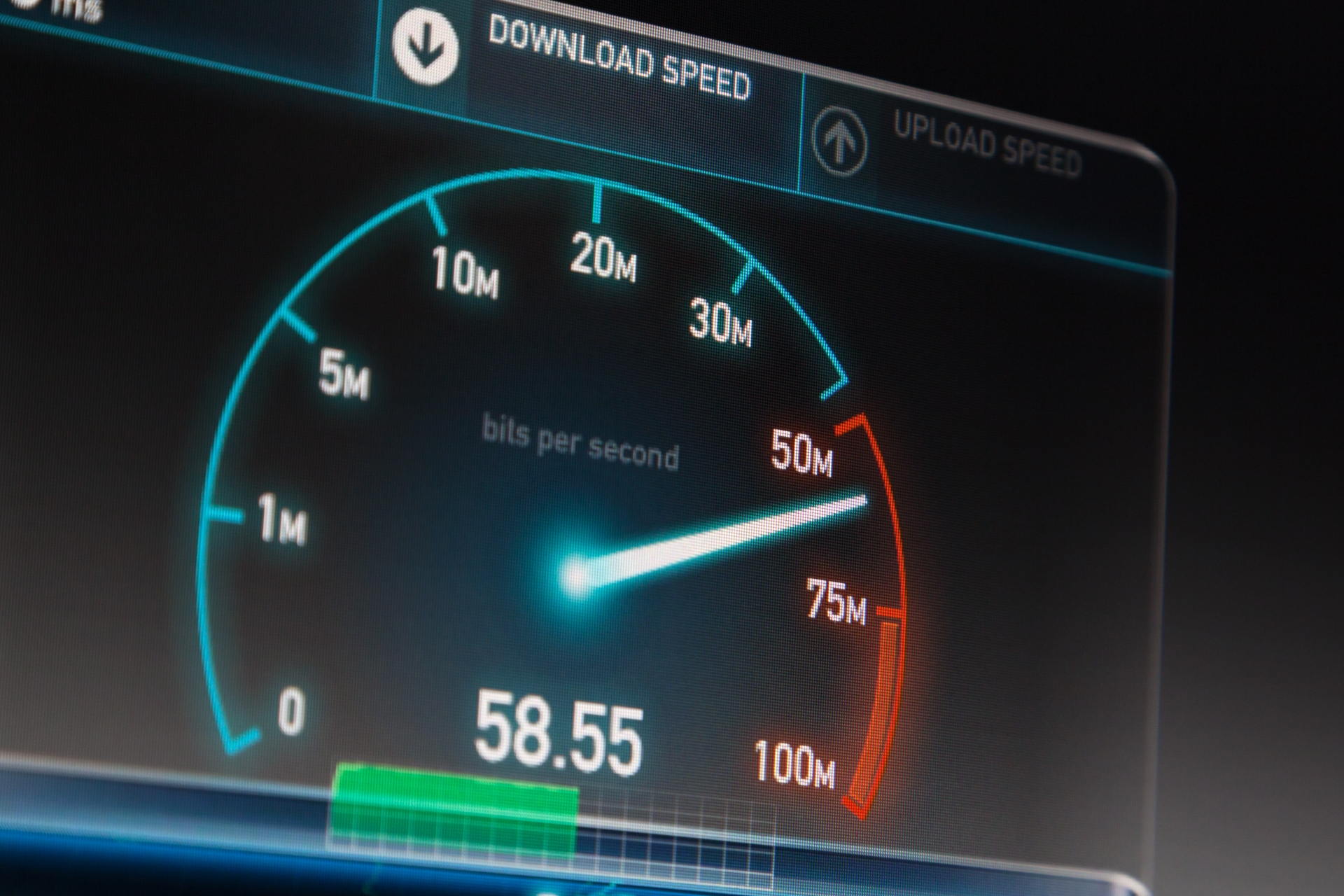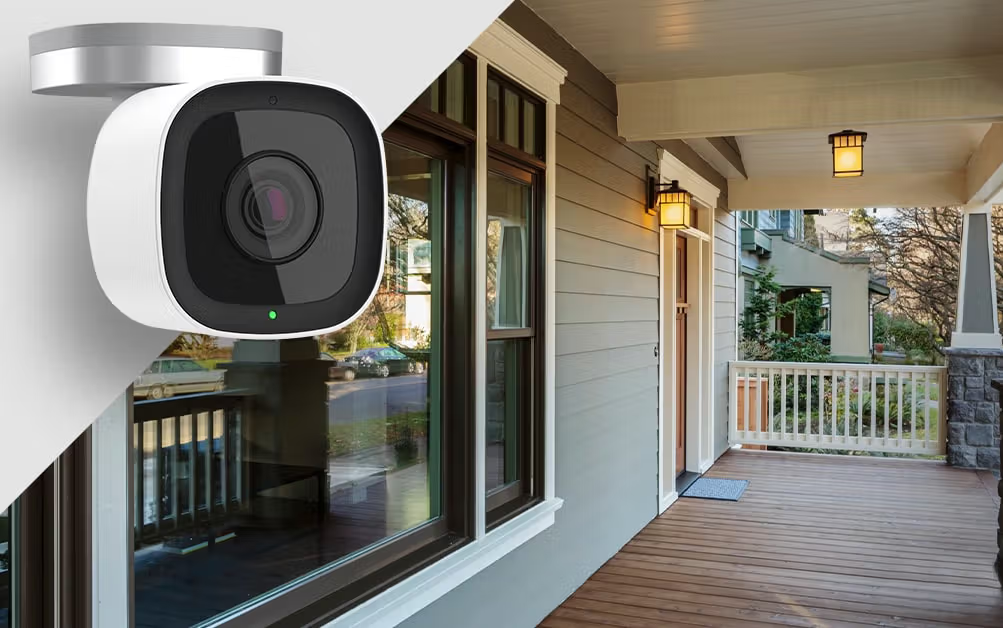
While VPNs, known as virtual private networks, excel in safeguarding your privacy, they inevitably come with a trade-off: reduced internet speeds, often by 50% or more.
This slowdown is intrinsic to how VPNs operate, requiring your data to traverse to another server for encryption, and there’s essentially no way to circumvent this. Nevertheless, if you aim to maximize your VPN connection speeds, there are various measures you can explore.
The VPN process involves encrypting your online traffic and channeling your internet connection through a secure server located remotely according to your preference. While this preserves the privacy of your online activities, it is precisely this procedure that is chiefly accountable for the decrease in speed. The encryption and decryption of your traffic, coupled with the time it takes for your data to complete the round trip to the VPN server and back to your device, contribute to the speed loss.
The speed hit may be virtually imperceptible for normal internet use when you use a fast VPN, but you’ll want all the speeds you can get for data-heavy activities like gaming, streaming or video conferencing. A delay of even a few milliseconds can mean the difference between glory and failure in your online game. And slow VPN speeds can result in a ruined video streaming experience, spoiled by constant buffering and a heaping dose of pixelation. If you’re using a VPN while on a Zoom call, for example, you’ll want to do whatever you can to maximize your VPN speeds to ensure the call goes smoothly and doesn’t drop out.
Some Ways to Improve Your VPN Speeds
Connect to a server closer to your physical location
Generally speaking, the closer the VPN server is to your physical location, the faster your connection speeds should be. Your traffic will have a shorter physical distance to cover when it’s routed through a VPN server that’s close by rather than one that’s halfway across the world. If you’re in Boston, your VPN connection should be a lot faster if you connect to a VPN server in New York City or Montreal than one in Sydney or Tokyo, for example.
This won’t always be practical if, say, you want to stream content from a specific country or access a gaming server from a particular location. But when you need a faster connection, try connecting to a few different VPN servers close to where you’re physically located and see which ones yield the fastest speeds.
Connect to a server that isn’t overloaded
When too many people are using a single VPN server, the server can get overloaded and your connection speed can take a hit. Some VPN providers display the current server load on their servers either in the app itself or on the website. If you choose one with a lighter load, you’ll generally achieve faster speeds. If your VPN provider doesn’t display the current load on its servers, try connecting to a few different ones to see which gets you the fastest speeds. Sometimes, it just takes a little trial and error.
Try connecting via a different VPN protocol
A VPN protocol is a set of instructions between the VPN app on your device and the VPN server that determines how the secure connection is established. There are various VPN protocols and most providers give you the ability to choose between a few different options. Different protocols have different advantages and disadvantages in terms of speed and security, so if you connect via one VPN protocol rather than another, you can potentially boost the speed of your VPN.
Enable split tunneling if available
If your VPN provider offers a split-tunneling feature, then try enabling it to see if you can boost your VPN speeds. Split tunneling allows you to send only the traffic you want through your VPN connection, while sending the rest unencrypted through your regular internet connection.
For example, if you’re using your VPN for streaming, you can allocate just your streaming traffic to go through the VPN, which won’t slow down your online gaming. This can help optimize your VPN speeds for certain activities, because all the excess traffic you don’t need running through your VPN won’t burden your bandwidth.
Use a wired connection
Using a wired connection will typically be faster than using your Wi-Fi. Chances are you’ve got several devices connected to your home Wi-Fi network all at the same time — devices that are all sharing and competing for resources on the same wireless channel. This can result in an unstable internet connection and, therefore, slower speeds. If you have the proper equipment, try establishing a wired connection by hooking your computer up directly to your router via ethernet cable and then connect to your VPN.
Close unnecessary apps running in the background
If you have apps running in the background that you’re not using, they could be taking up resources on your machine and slowing your connection. Take a minute to check if anything’s running in the background that you’re not using and close those processes. By clearing up potential bottlenecks like this, you might notice a faster connection.
Restart your router and other devices
When was the last time you restarted your devices? Just like anything else, tech like your computer and router occasionally need a little R&R. When you reboot your computer, you’ll give it a needed refresh, free up some RAM and get it working optimally. So, as cliche as it sounds, try turning it off and back on again, then see how your VPN speeds improve as a result.




